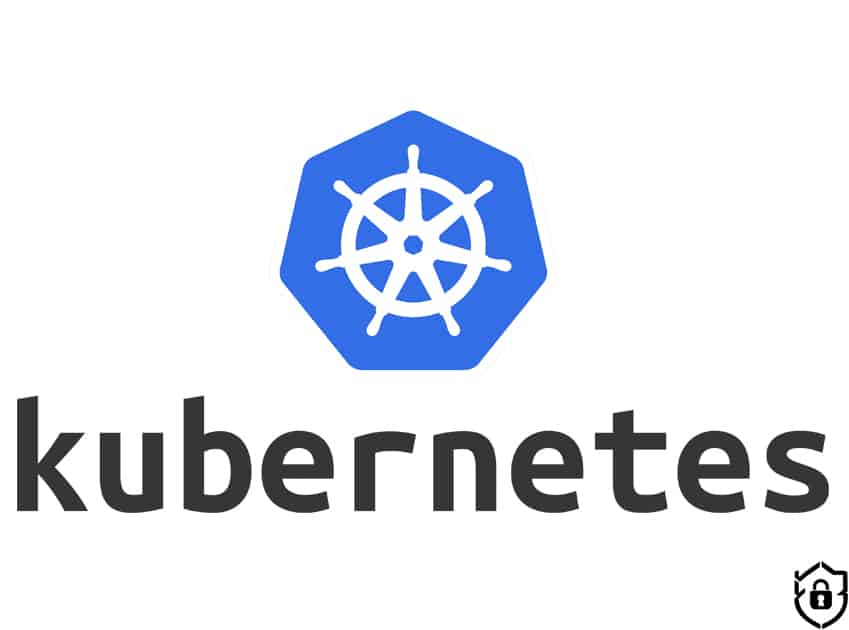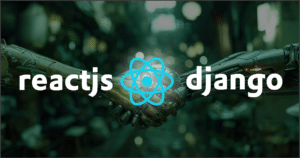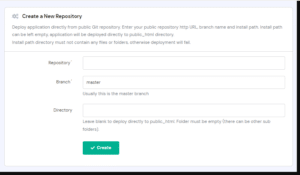In today’s tech-driven world, organizations are constantly looking for ways to efficiently deploy, scale, and manage applications. This is where Kubernetes, a game-changing container orchestration platform, steps in. But what exactly is Kubernetes, and why is it essential for modern developers and IT professionals? Let’s dive into it.
What is Kubernetes?
Kubernetes, often abbreviated as K8s, is an open-source platform that automates the deployment, scaling, and management of containerized applications. Originally developed by Google and now maintained by the Cloud Native Computing Foundation (CNCF), Kubernetes simplifies the complexities of modern infrastructure, enabling businesses to focus on innovation rather than operational overhead.
How Kubernetes Works
At its core, Kubernetes manages containers, lightweight environments that package applications and their dependencies. These containers are deployed across a cluster of machines, ensuring high availability, scalability, and efficient resource usage.
Key components include:
- Pods: The smallest deployable unit in Kubernetes, typically containing one or more containers.
- Services: Enable communication between pods or external systems.
- Nodes: Worker machines that execute the containers.
Top Features of Kubernetes
- Automated Scaling: Adjusts workloads dynamically to handle traffic spikes.
- Self-Healing: Automatically restarts failed containers and reschedules workloads if a node crashes.
- Load Balancing: Distributes traffic across multiple pods for optimal performance.
- Easy Rollouts and Rollbacks: Streamlines application updates without downtime.
- Multi-Cloud Portability: Runs seamlessly on public clouds, private clouds, or hybrid environments.
Why Should You Learn Kubernetes?
1. High Demand in the Job Market
Kubernetes expertise is highly sought after by companies worldwide. Learning Kubernetes opens doors to lucrative roles like DevOps Engineer, Cloud Architect, and Site Reliability Engineer (SRE).
2. Optimize Application Deployment
Kubernetes ensures faster, more reliable application deployment, which is vital for modern, agile workflows.
3. Cost and Resource Efficiency
By efficiently managing resources and scaling as needed, Kubernetes helps organizations reduce costs while maintaining peak performance.
4. Boost Your DevOps Skills
Kubernetes integrates seamlessly with CI/CD pipelines, enabling automation and improving deployment cycles.
5. Future-Proof Your Career
As cloud-native applications become the norm, Kubernetes knowledge will remain a critical skill in the tech industry.
How to Get Started with Kubernetes
- Learn the Basics: Start with Kubernetes fundamentals, including pods, services, and deployments.
- Hands-On Practice: Use platforms like Minikube or Docker Desktop to practice running Kubernetes locally.
- Join the Community: Participate in CNCF forums, Kubernetes Slack groups, and open-source projects.
- Certify Your Skills: Pursue certifications like the Certified Kubernetes Application Developer (CKAD) or Certified Kubernetes Administrator (CKA).
Conclusion
Kubernetes has revolutionized the way applications are deployed and managed. By learning Kubernetes, you position yourself at the forefront of modern infrastructure management and open doors to exciting career opportunities.





